As artificial intelligence becomes embedded in our daily workflows, a critical question emerges: Are we just teaching people to use AI, or are we empowering them to think with AI?...
Read More →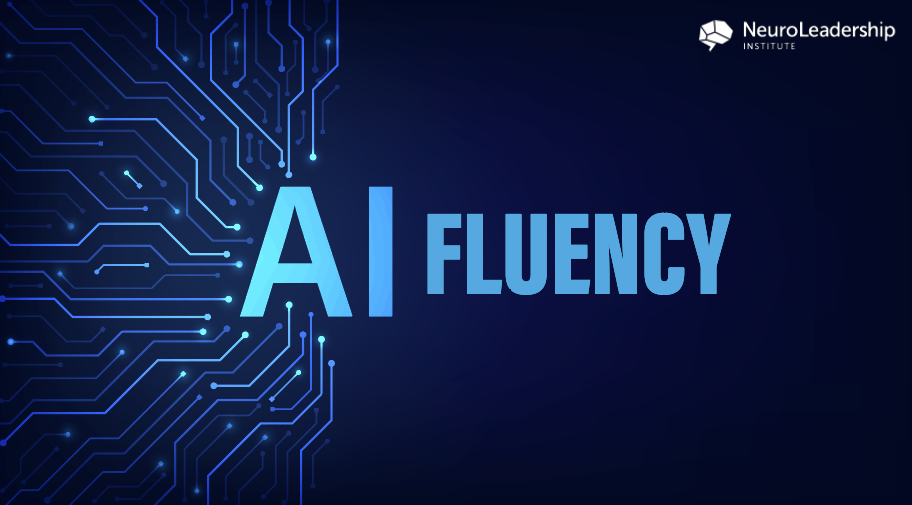
NeuroLeadership in the Media
As artificial intelligence becomes embedded in our daily workflows, a critical question emerges: Are we just teaching people to use AI, or are we empowering them to think with AI?...
Read More →
We’ve written before on the importance of creating priorities, habits, and systems (PHS) when it comes to large-scale culture change. But with so many organizations taking a renewed—or perhaps unprecedented—interest in reshaping their D&I efforts to boost inclusion, mitigate bias, and become more human overall, we felt compelled to revisit the model and explain the underlying science. Because when it comes to addressing systemic racism, you can’t do it just by making it a priority.

About 3 weeks ago, the emails started. Companies sent out emails to thousands of subscribers asking for forgiveness and pledging support for Black communities. The emails came suddenly and in spurts. Yet, things still felt the same, but with a cluttered inbox. Are there more strategic ways companies can respond during times of crisis, especially when it comes to diversity issues. What if silence is golden? Where a company or organization can admit they don’t have an answer, and they are open to listening during a time of crisis. Continue Reading on Forbes

You wouldn’t expect to find Buzz Lightyear at Monsters University. It just wouldn’t happen. The miniature space explorer and the institution of higher learning for mythical creatures exist in two separate universes.

While employees are returning to workplaces across the country, sadly, a majority of them are still worried they may end up losing their jobs because of the novel coronavirus.
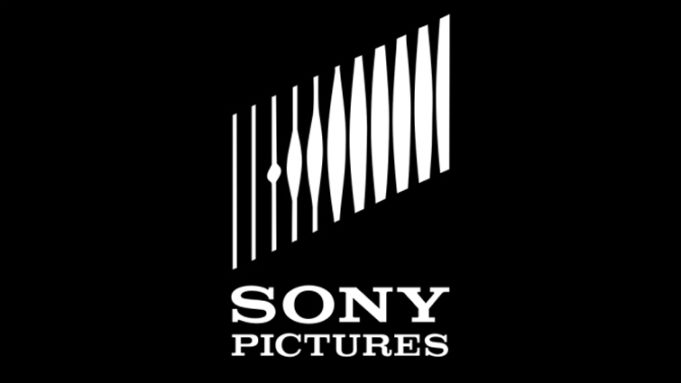
Sony Pictures Entertainment Chairman and CEO Tony Vinciquerra shared with employees today details about the studio’s racial equity and inclusion initiative program, Sony Pictures Action. Continue Reading on Deadline
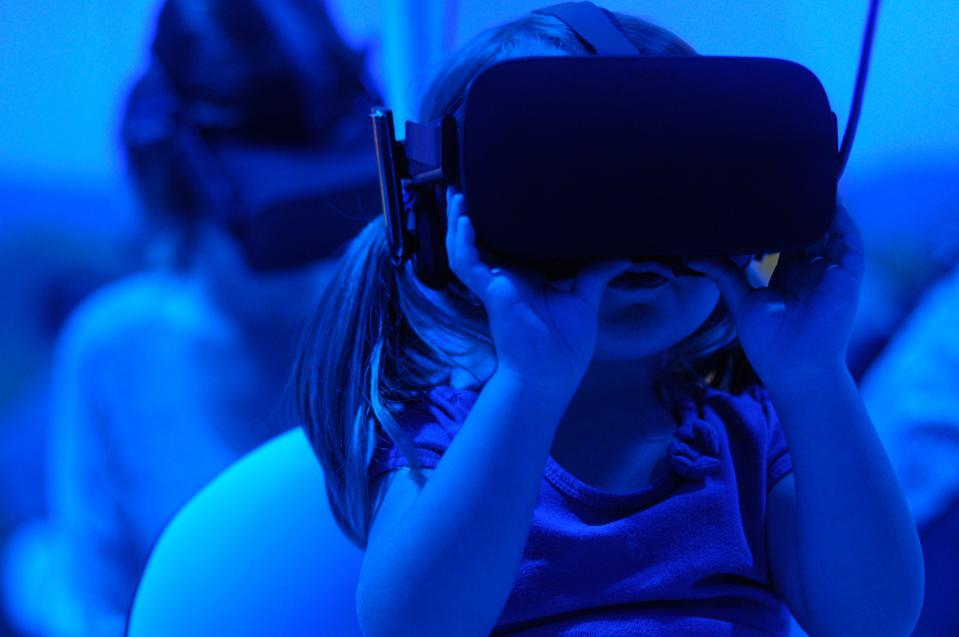
In recent months, over the course of the COVID-19 crisis, I’ve been talking with hundreds of leaders about how they see the road ahead, and how they’re using that vision to build a better normal. This crisis has no doubt saddled us with tremendous challenges and setbacks. But it’s also provided us the rare opportunity to reimagine our organizations and make them fundamentally better.
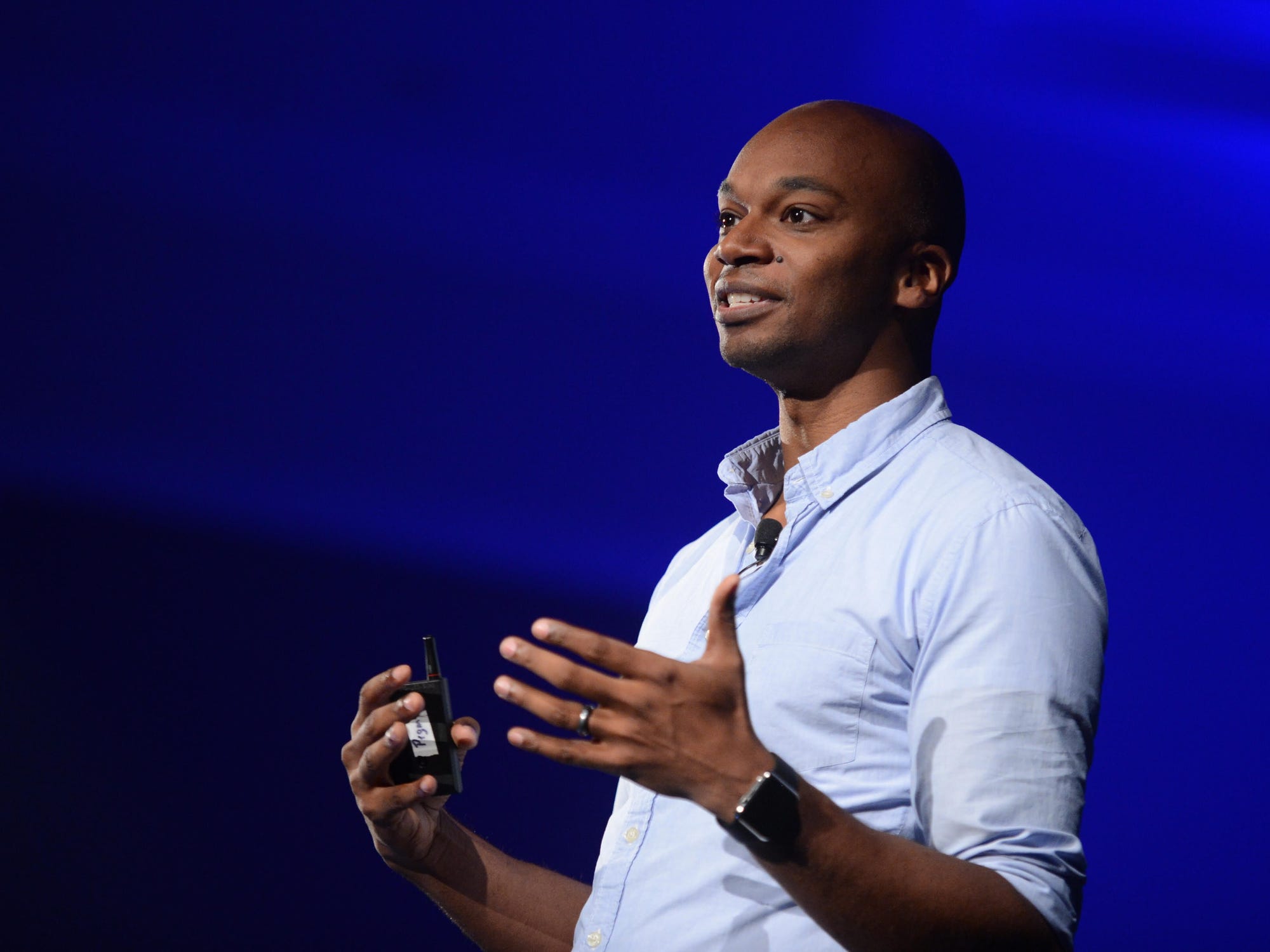
I have the fortune of knowing and working with incredible people of all backgrounds and ethnicities. And as a black leader who has held senior-level positions, I am frequently being asked about this moment in history. Given what I’m being asked by my non-black friends and peers, and what I’m being told by my black friends and peers, it seems as if we could benefit from making a few things known.

About one-third of Americans have exhibited signs of anxiety or depression in the wake of Covid-19, according to the Census Bureau, and your employees are likely no exception. They’re looking to you as a business leader for guidance. But the context has never been more confusing, and the stakes have never been higher. Looking for a road map, I talked recently with Dr. David Rock, who has a doctoral degree in neuroleadership and who teaches Fortune 100 companies to lead employees according to principles of neuroscience. Continue Reading on Inc.

As Chief Human Resources Officer, it’s Tracy Keogh’s job to take care of people at HP, a firm known and lauded for its culture of innovation and authentic humanity. At HP, they’ve made it their mission to help people stay positive, engaged, and productive in the face of this crisis. More than that, they did it fast and with the brain in mind. Here’s how. Continue Reading on Forbes
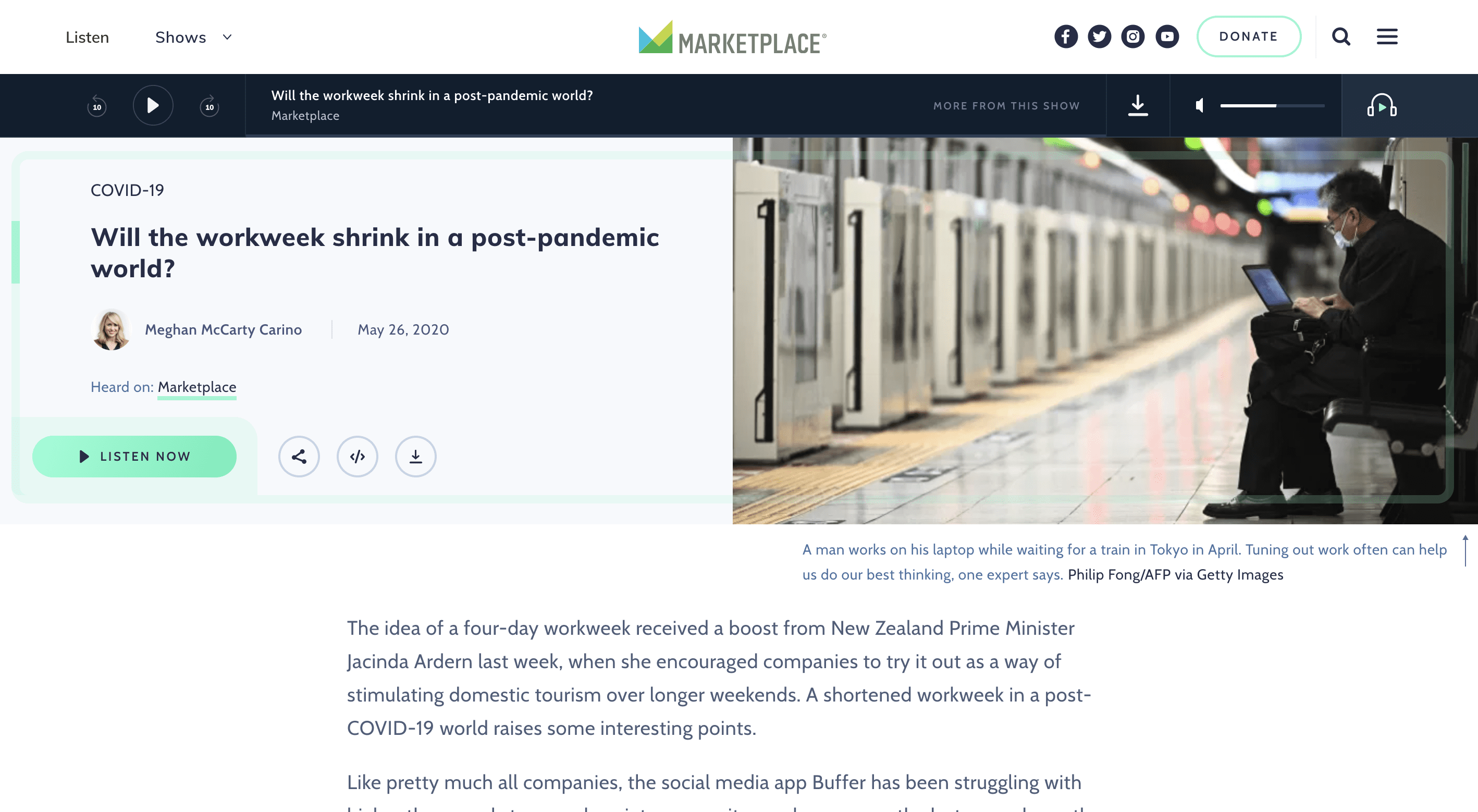
The idea of a four-day workweek received a boost from New Zealand Prime Minister Jacinda Ardern last week, when she encouraged companies to try it out as a way of stimulating domestic tourism over longer weekends. A shortened workweek in a post-COVID-19 world raises some interesting points. Like pretty much all companies, the social media app Buffer has been struggling with higher than usual stress and anxiety among its employees over the last several months. Continue Reading on Marketplace

Join millions of employees in creating culture change at scale by reaching out today.

In 2007, David and Lisa Rock and their team had been working in leadership development and executive coaching for ten years, when David coined the term “NeuroLeadership.”ef

North America
Africa
South America
Asia
Europe
Australia
© NeuroLeadership Institute 2025. All Rights Reserved
This site uses cookies to provide you with a personalized browsing experience. By using this site you agree to our use of cookies as explained in our Privacy Policy. Please read our Privacy Policy for more information.